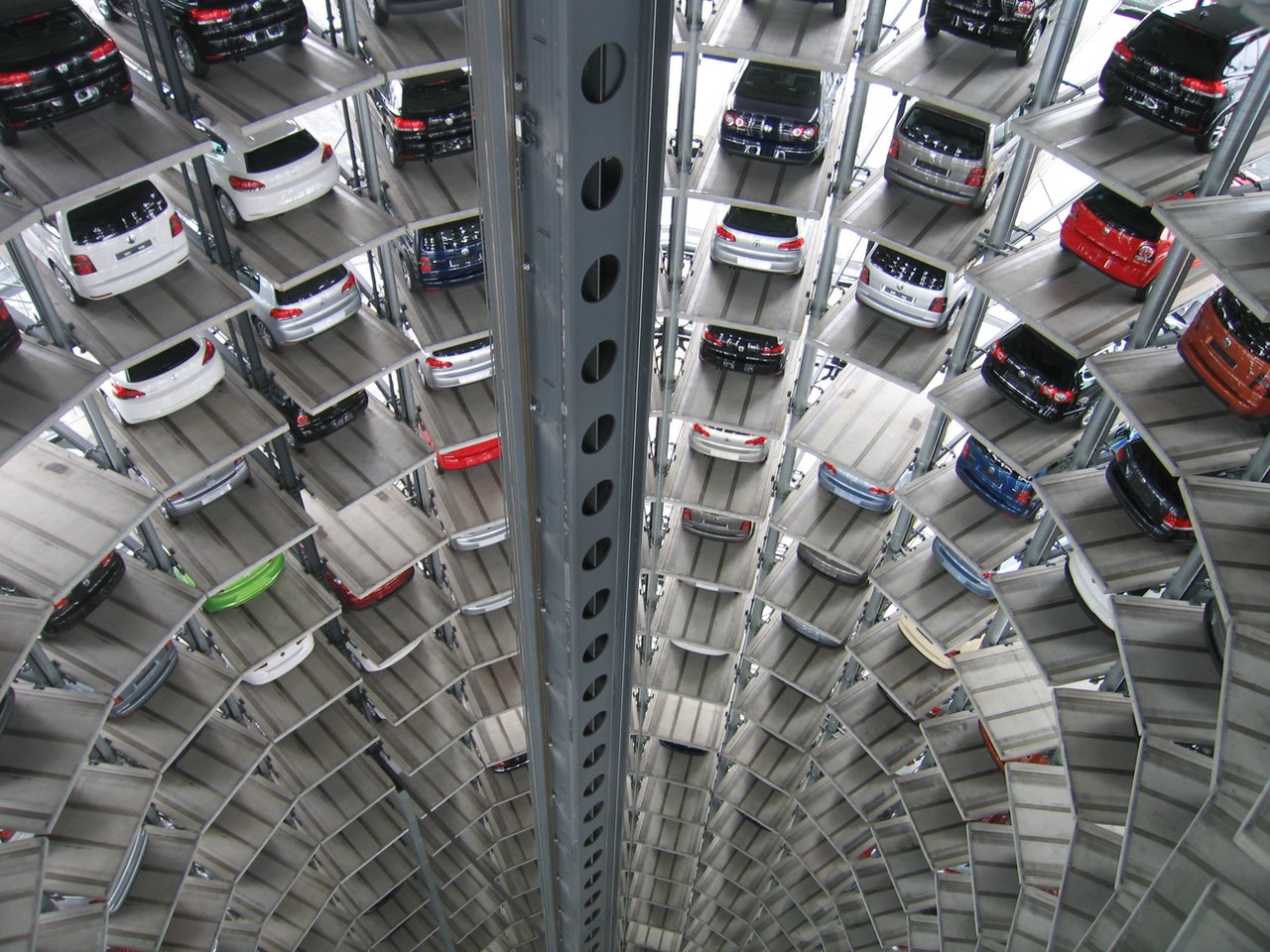Encouraging new data reveals the UK automotive market could be entering a period of recovery following the nationwide lockdown.
Data from the Society of Motor Manufacturers and Traders (SMMT) show that commercial UK vehicle production increased by 23.9% in June, with 4,144 vans, buses and trucks leaving production lines.
This is a significant contrast from April and May figures, where a total of only 5,111 cars were produced over two months, the lowest number recorded since 1954. Since January 2020, just 381,357 cars have been built, representing a loss of 285,164 vehicles.
The domestic market fell by 89% in May, however this improved by 34.9% in June. While figures are still far below where they should be, the easing of coronavirus restrictions has positively impacted the industry.
Over 11,300 jobs across automotive retail, supply chains and manufacturing have all been cut during the pandemic, with many more at risk as businesses fear higher Brexit tariffs.
NOW READ: Drivers welcome 24/7 bus lanes across London but say TfL could go further
Pre Covid-19, UK production for 2020 was forecast to reach an estimated 2 million.
However, disintegrating marketing conditions caused by the pandemic indicates that this figure is set to be at least halved.
It is expected that roughly 880,000 cars will be produced in the UK this year – 30% lower than estimated back before lockdown.
Mike Hawes, SMMT chief executive said: “Although growth in commercial vehicle manufacturing in June is undoubtedly good news, this does not indicate a return to business as normal.
“The sector remains almost 9,000 units behind 2019, which will be difficult to catch back given many plants are still operating at a reduced capacity.”
According to the SMMT, an £82 billion boost for the industry would help retain jobs across the country, in manufacturing, retail and supply chains.
This boost would increase tax revenues and international trade, while also helping the government meet their climate change objectives and air quality goals.
For the latest headlines from the City of London and beyond, follow City Matters on Twitter, Instagram and LinkedIn.








